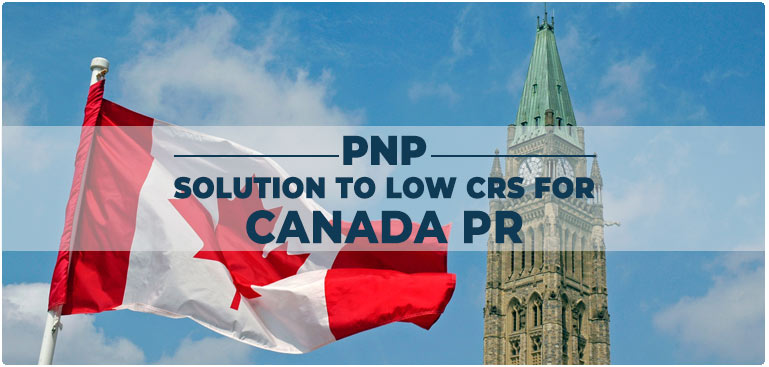
International Student Program Reform 2024
International students are a great part of Canada’s diversified community and economy. The Government imposed a two-year cap on new international study permit applications in 2024 to curb unsustainable population growth. This gap ensures that Canada improves its education system integrity for international students and provides them with a positive experience here. Besides this, here are some other crucial changes for international students in 2024.
What Changes Should International Students Expect in 2024?
The Canadian government brought forth changes in post-graduate work permits, open work permits and study permit processes. All reforms focus on making things easier for both international students and Canada. Let’s study each reform below.
-
Two-year cap and attested letter
The government limits the number of approved study permit applications for two years (2024-2026). This ensures that only the most deserving get the opportunity to study and pursue a career in Canada.
The new update also requires international students to submit a provincial attestation letter along with their study permit application. This is applicable to new post-secondary students at the undergraduate or college level. IRCC will not accept any application if it doesn’t have the attestation letter.
The DLI provides eligible students with the letter keeping the cap on approved study permits in mind. The letter acts as proof that the student has been accepted within the national cap. The territories and provinces are yet to come up with a plan for the attestation letters by 31st March 2024.
Do you need the provincial attestation letter?
You need the letter if you are:
- Enrolled in a non-degree granting graduate program
- A post-secondary study permit applicant
- Interested in applying for a study permit in 2024
However, you don’t need a letter if you are:
- Master’s or doctorate students
- Primary and secondary school students
- Study and work permit holders residing in Canada
- Exchange students
- Among those who submitted their applications before 8.30 am on 22nd January 2024
- A family member of work permit or study permit holder
The new reform does not apply to students already approved for the study permit or who submitted their applications before 22nd January 2024.
-
PGWP extension
IRCC announced an extension to the post-graduation work permit from 15th February 2024. International students graduating from a master’s degree program are eligible for a 3-year post-graduation work permit from the said date.
The extension is an attempt to encourage qualified international students to live and work in Canada. The current labour market here needs graduates of master’s degree programs hence the change in PGWP’s length.
What are the eligibility criteria for the 3-year PGWP?
You must be a graduate of programs with a length of at least two years from PGWP-eligible DLIs to be able to leverage the extension. If eligible, you can earn the required Canadian work experience and apply for permanent residence in the future.
-
Public-private partnership college program
This program enables public colleges of specific provinces to license their curriculum and get them delivered by an affiliated private college. So, students attend a private college but they get a diploma certificate from a public institution upon graduation.
The government discussed some of the crucial downfalls of this program. For instance, they are worried about the quality of education, student services and student support.
Hence, they restricted PGWPs for the institutions that run the program. International students will not be able to apply for PGWP if they enroll in these institutions. However, you remain eligible for a PGWP if you were enrolled before the announcement.
-
Open work permit for spouses
The open work permit eligibility also changes for spouses and common-law partners of international students.
Who is eligible for an open work permit?
Spouses and common-law partners of international students enrolled in professional degree-granting, master’s and doctorate programs are eligible for the open work permit.
The eligible candidates are also eligible to extend their existing work permit under this stream.
Who is not eligible for an open work permit?
International students enrolled in other levels of study such as undergraduate or college programs are not eligible for the open work permit.
Wrapping Up,
The two-year cap on international study permit applications aims to improve the quality of the education system and support in Canada. The other changes include submitting an attestation letter along with the application and extending the PGWP and open work permit for spouses of international students. While you may find it confusing to navigate through the reforms, a licensed consultant can make things easier for you.
Categories
Quick Contact
Get in touch
If You need any helps, Please feel free to Contact Us






